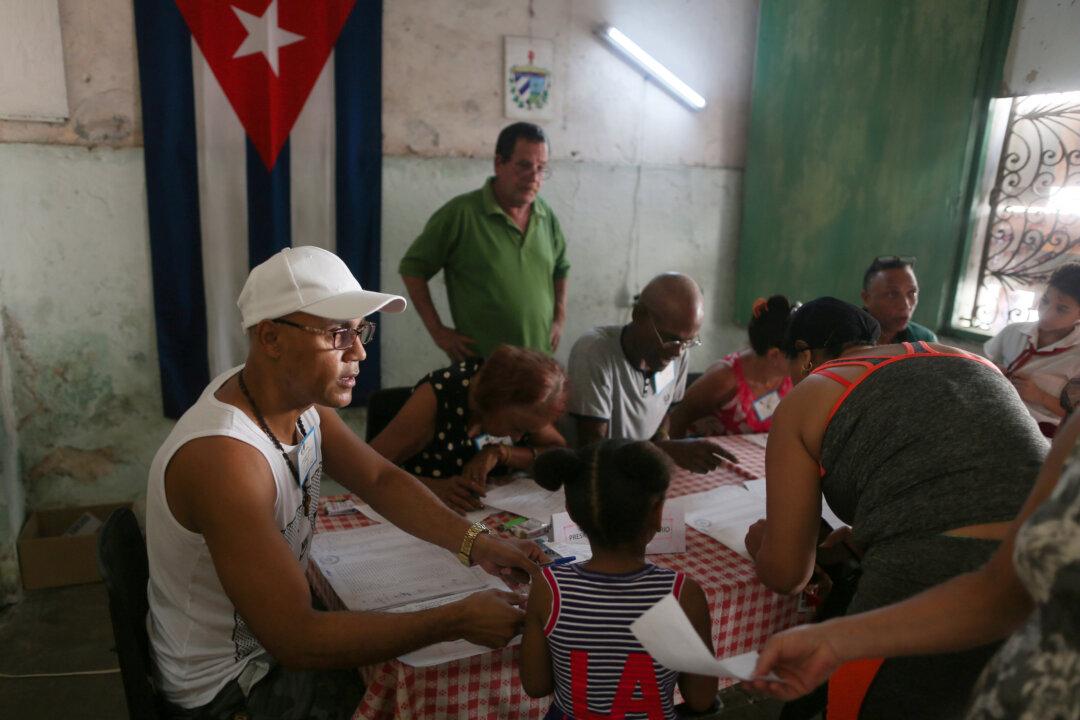Cubans took to the streets in Havana to protest the communist regime’s new constitution on Feb. 23, proving U.S. President Donald Trump’s assertion that changes in Venezuela will have a ripple effect in Cuba and Nicaragua.
In video footage shared on the personal account of Telemundo reporter Eduardo Rodríguez, a crowd of Cubans is seen walking and shouting on a sunny street in Havana. The Miami Herald reported the next day that a movement opposing the communist regime’s new constitution held a protest in Havana. It’s unclear if the protest in the video is the same as the one referenced in the Herald report.





